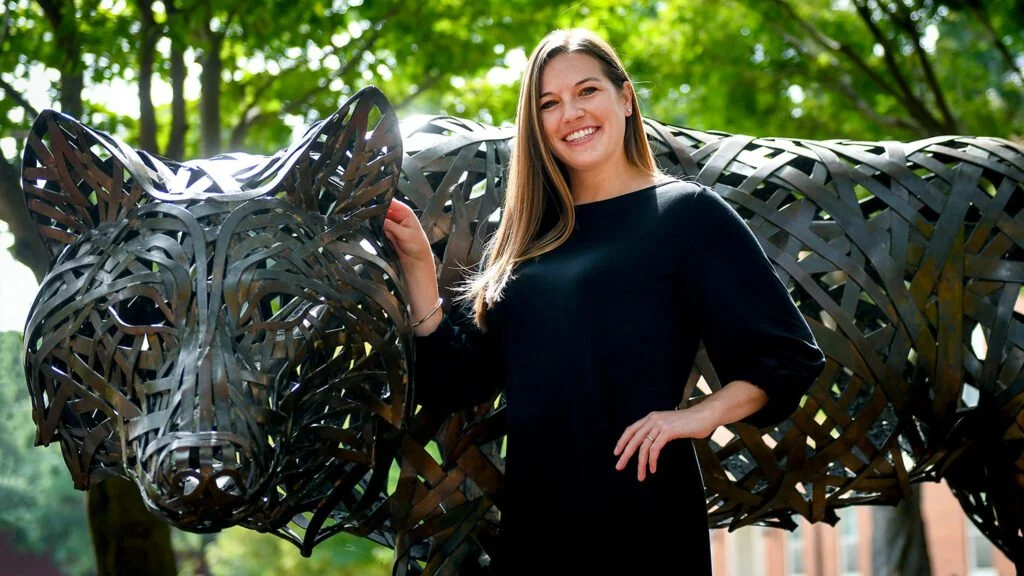Episode 28: Jurassic Park with Dr. Elizabeth Jones
This week marks the 30th anniversary of the release of Jurassic Park, a movie that both plays with history and made history. Like Jaws and Star Wars before it, Jurassic Park changed what we thought was possible in movie theaters while commenting on our fascination with the pre-human past. I asked Dr. Elizabeth Jones, author of Ancient DNA: The Making of a Celebrity Science (on sale from Amazon right now) to come on the show to talk about how Jurassic Park changed the science of paleontology and just why that velociraptor scene in the kitchen is so damn good.
Dr. Elizabeth Jones is a science historian, researcher, educator, speaker, and author.
Currently, she is the Project Manager for Cretaceous Creatures in the Paleontology Research Lab at the NC Museum of Natural Sciences and a Postdoctoral Researcher in the Department of Biological Sciences at NC State University. Cretaceous Creatures is a new public science project that directly engages teachers and students in discovering and identifying fossils from the Hell Creek Formation in Montana. In partnership with Bank of America, Cretaceous Creatures is the largest paleontology public science project and is part of the Dueling Dinosaur research program.
Jones' first book, "Ancient DNA: The Making of a Celebrity Science," was published by Yale University Press in 2022. "Ancient DNA" reveals the untold story of the rise of a new scientific field, ancient DNA research, and how Jurassic Park and popular media influenced its development. Her next book, tentatively titled, "A Bone to Pick: Buying and Selling Dinosaur Fossils," seeks to understand the history and controversy of the commercial collection of dinosaur specimens across in the United States throughout the twentieth and early twenty-first centuries.
Jones has degrees in the History, Philosophy, and Sociology of Science from North Carolina State University, Florida State University, and University College London. Throughout her career, she has had first-hand experience working with paleontologists and geneticists in both the field and the lab. Her work in international and interdisciplinary institutions such as museums and universities has trained her as a researcher, writer, and speaker for both professional and public audiences.
